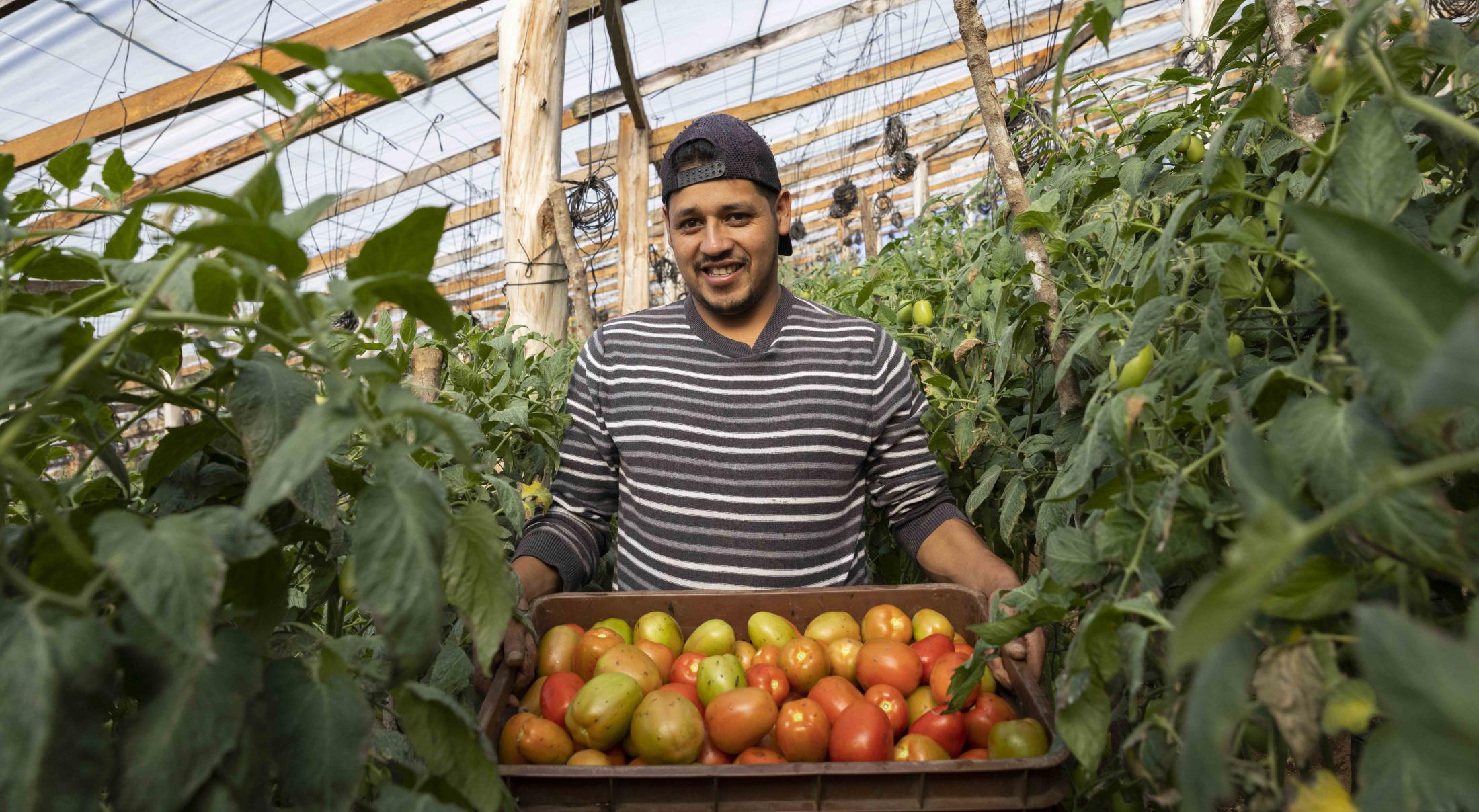
In Guatemala, farmers face significant barriers to accessing stable and formal markets due to limited processing and packaging capabilities, and logistical hurdles. These challenges are compounded by the adverse effects of weather change, which increase production risks while reducing production predictability. This project addresses these challenges by promoting the adoption of protective structures to maximize horticultural production and quality, while enhancing market linkages to improve the income and livelihoods of local producers.
This project is led by Salvador Vega Prado of Acceso El Salvador, and co-investigated by Luis Moisés Peñate of Rafael Landívar University, Guatemala. The project will assess the impact of protective structures on production volume and quality for five, high-demand horticulture crops using field trials. Comparative economic analysis will determine the most cost-effective mix of production infrastructure and harvest management practices. The project will also focus on improving the quality, shelf life, and nutrition of horticulture crops through harvest and postharvest management training for participant farmers. A research center will be established to analyze the quality of produce processed at farms, and assess barriers to adoption for continuous quality improvement. Gender-focused sensitization and outreach campaigns will be designed to address household gender dynamics.
This research will provide evidence on the impact of different types of production methods on yields, quality, and will increase awareness among cooperatives and farmers about the benefits and challenges of such approaches. Generating evidence regarding the effects of harvest, post-harvest, and packaging practices on shelf life and product quality will provide producers in the region key knowledge to reduce losses. It will further enhance local farmer access to postharvest technology through evidence-based training and technical assistance, and improve the application of these practices, by understanding key barriers faced in a context-specific manner.
